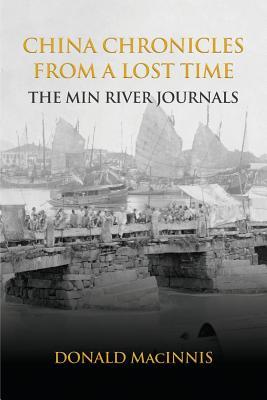Taken from journals and letters written during the final decades of the Manchu Empire and the chaotic years of revolution and civil war leading up to the War of Resistance (1937-1945), this is the story of the life and work of the Protestant missionaries who opened their first station in the upper Min River region of Fujian Province in 1874.
Despite the fact that the upriver missionary families were forced to evacuate their stations on average once every five years, often running a gauntlet of bandit rifle fire as their stern-oared rice boats rushed through narrow rapids, they persisted and built up a network of churches, chapels, schools, and hospitals that brought literacy, higher education, modern medical care, and a religious faith that liberated thousands of isolated country folk from ignorance, superstition, and opium addiction.
Three Protestant mission societies shared the work in north Fujian--the American Methodists, the Church Missionary Society (Anglican), and the American Board (Congregationalists)--and all had work in the Min River basin, but the focus of this book is on the American Board in Shaowu Prefecture, a mountainous region 200 miles long and 100 miles wide, with a population of one million. There were but two ways to travel: by foot, walking on ancient stone-paved trails that followed the contours of the hills and valleys, or by man-powered boat. Joseph Walker, for example, one of the pioneers who covered thousands of miles on foot during fifty years on the Shaowu station, kept detailed journals of people and problems as he traveled his village circuits year after year. His and the other journals featured in this book tell of successes and failures, converts and backsliders.
These "chronicles from a lost time," firsthand accounts of missionary activity in one district of one province, offer unique insights that broader histories often overlook.
